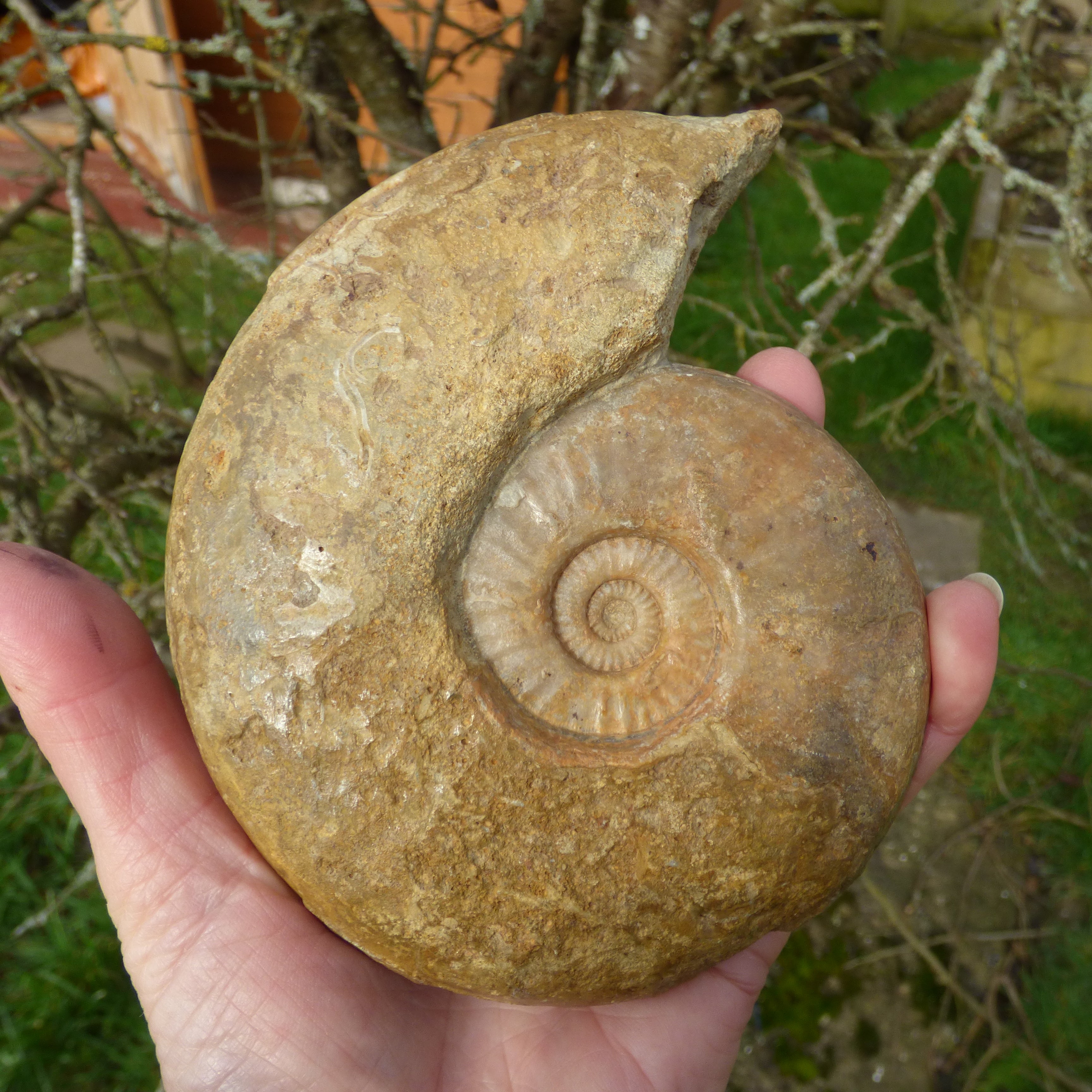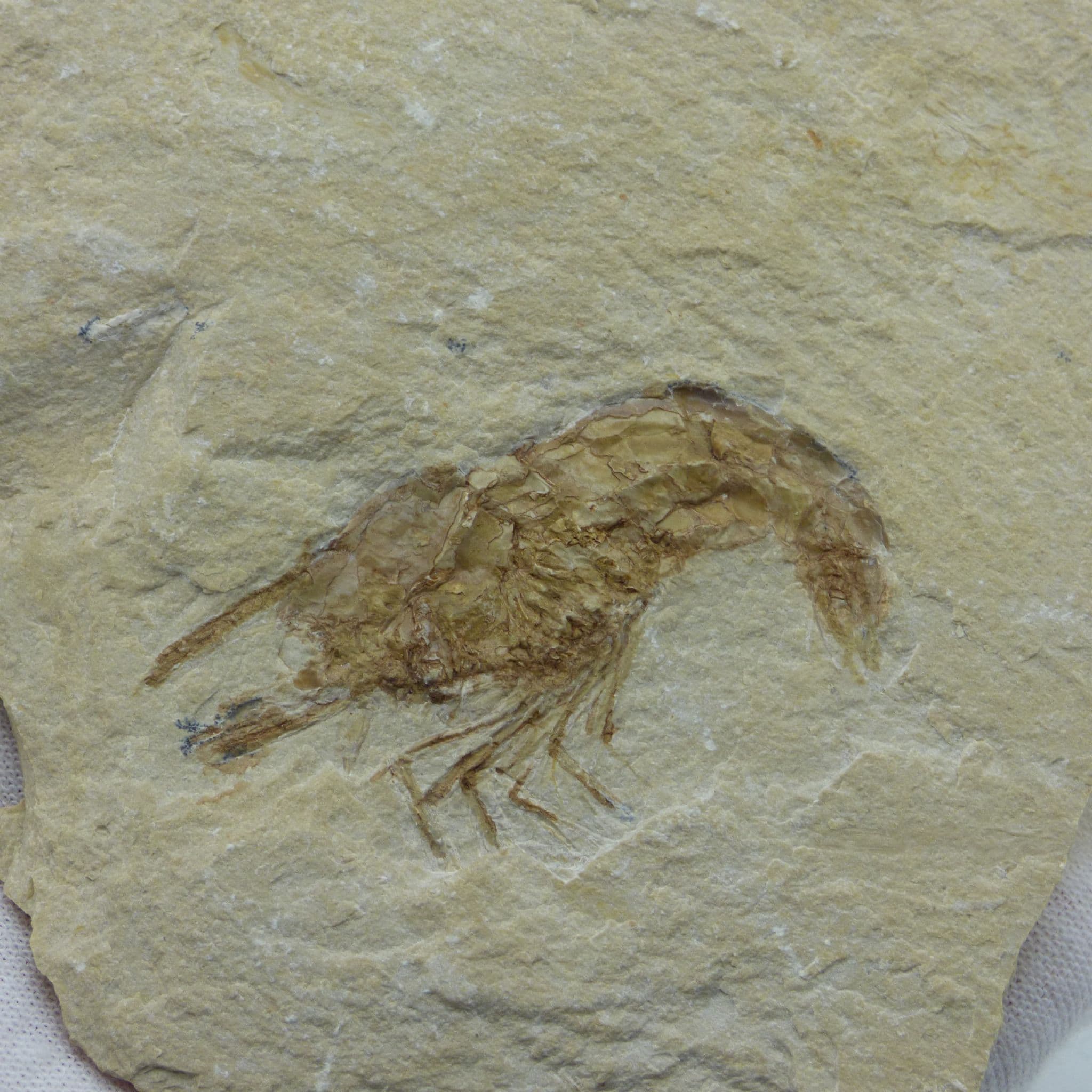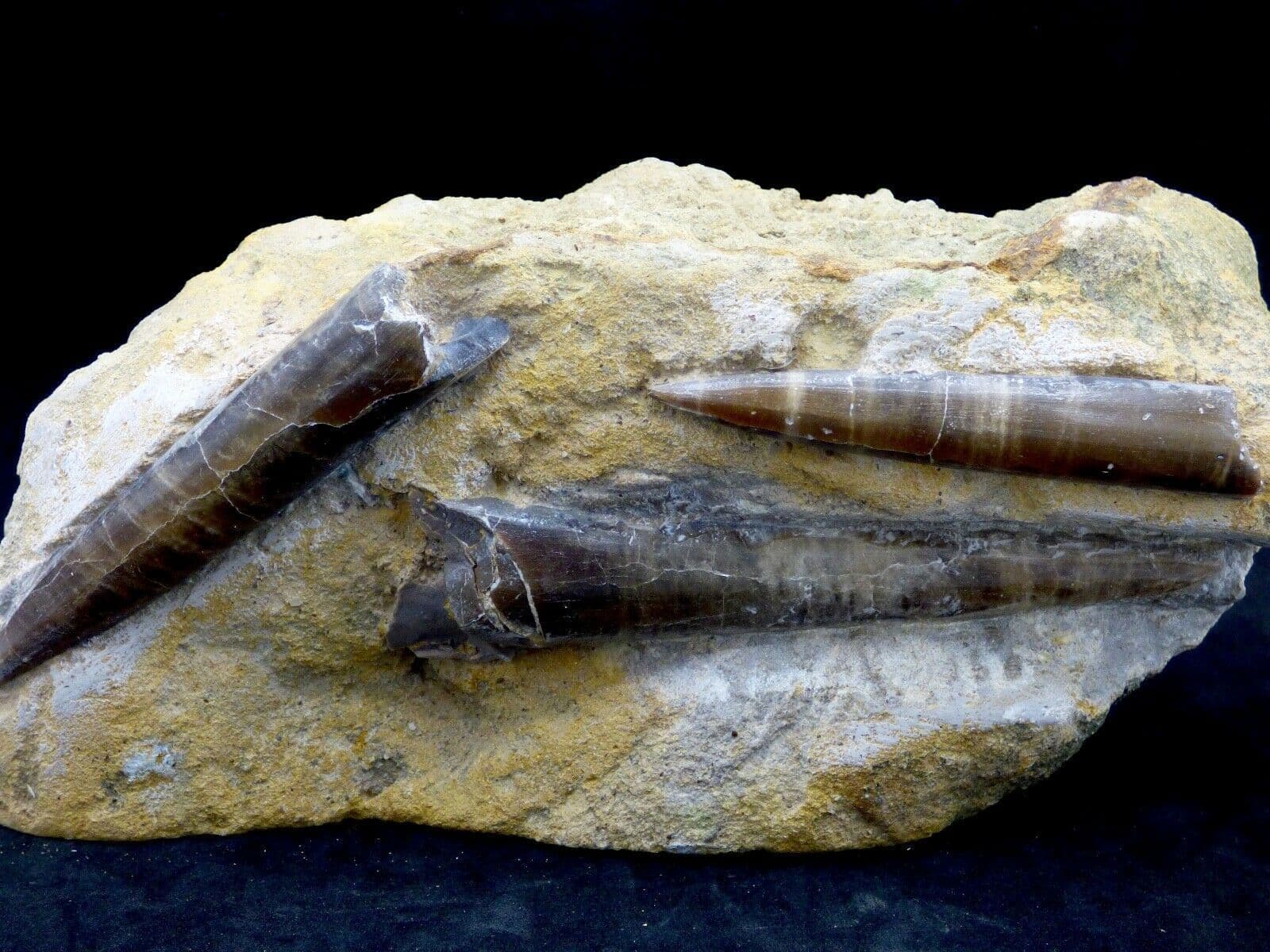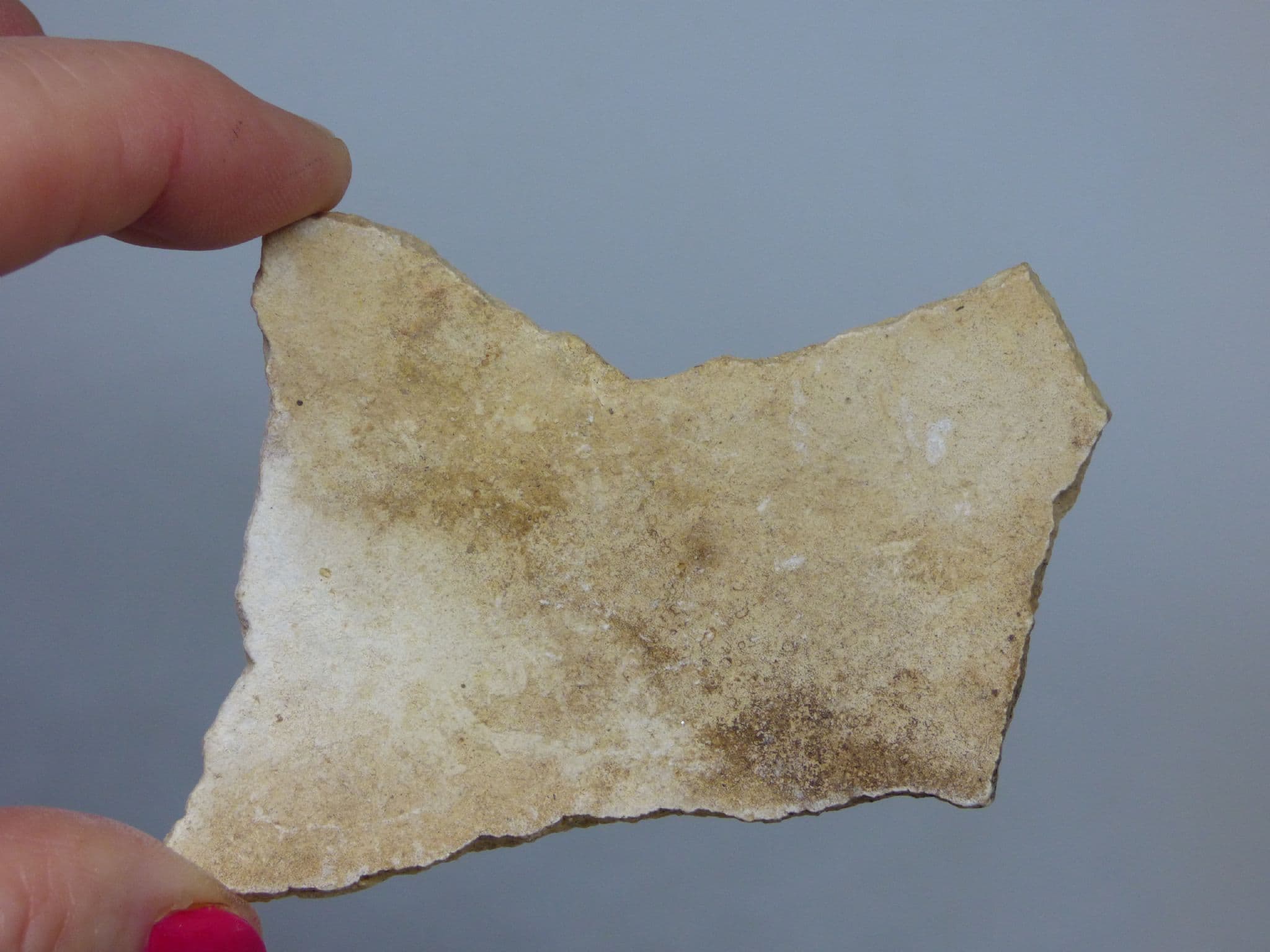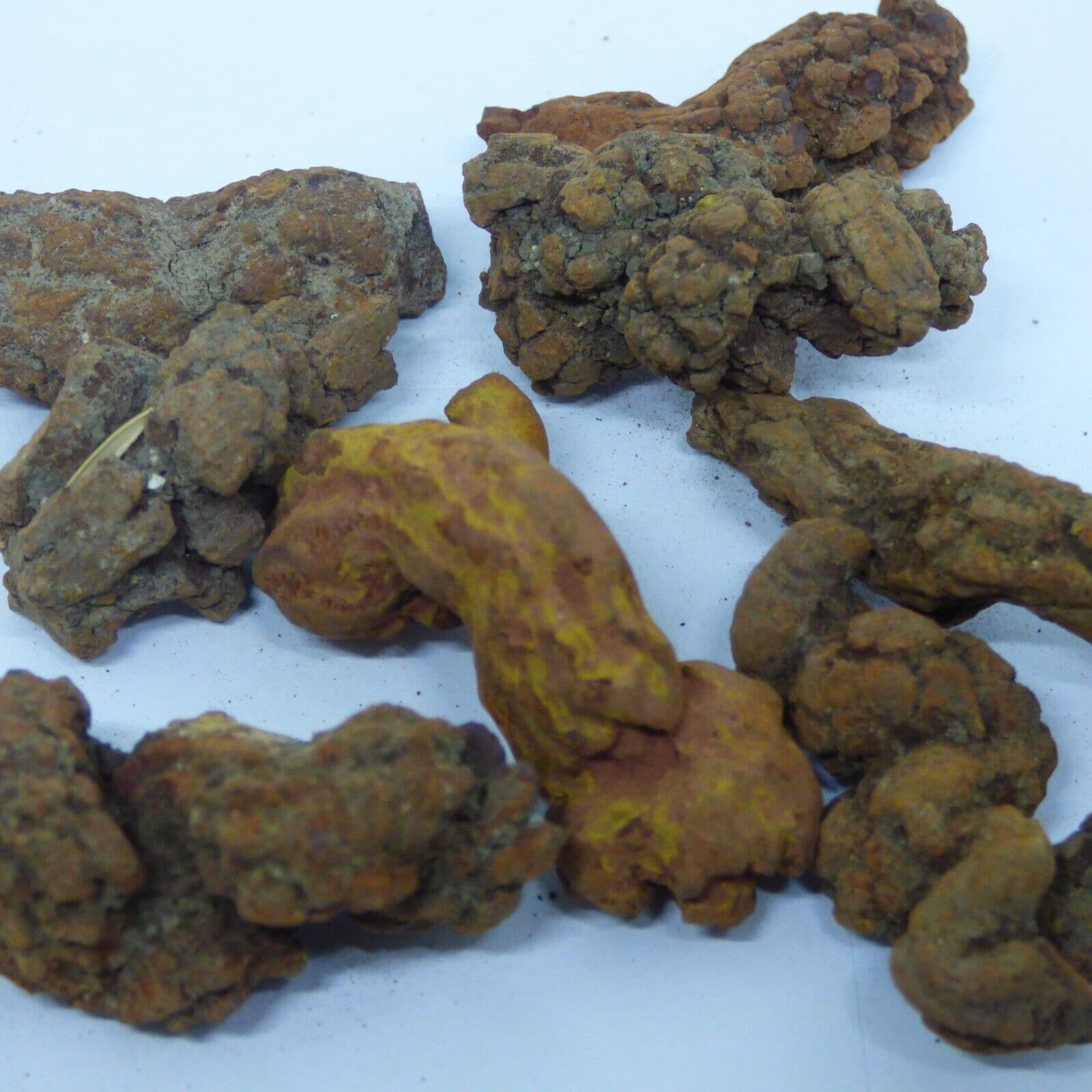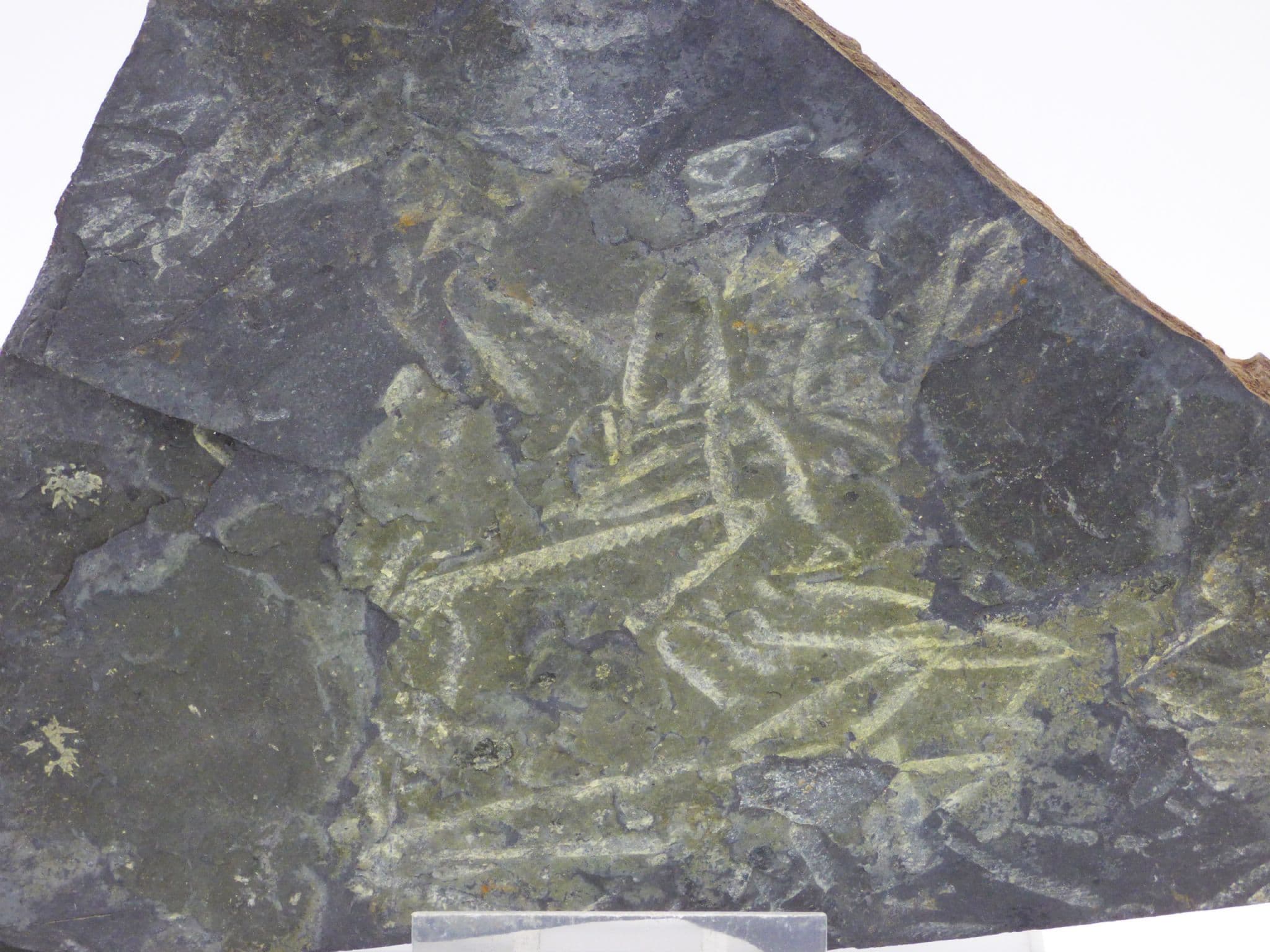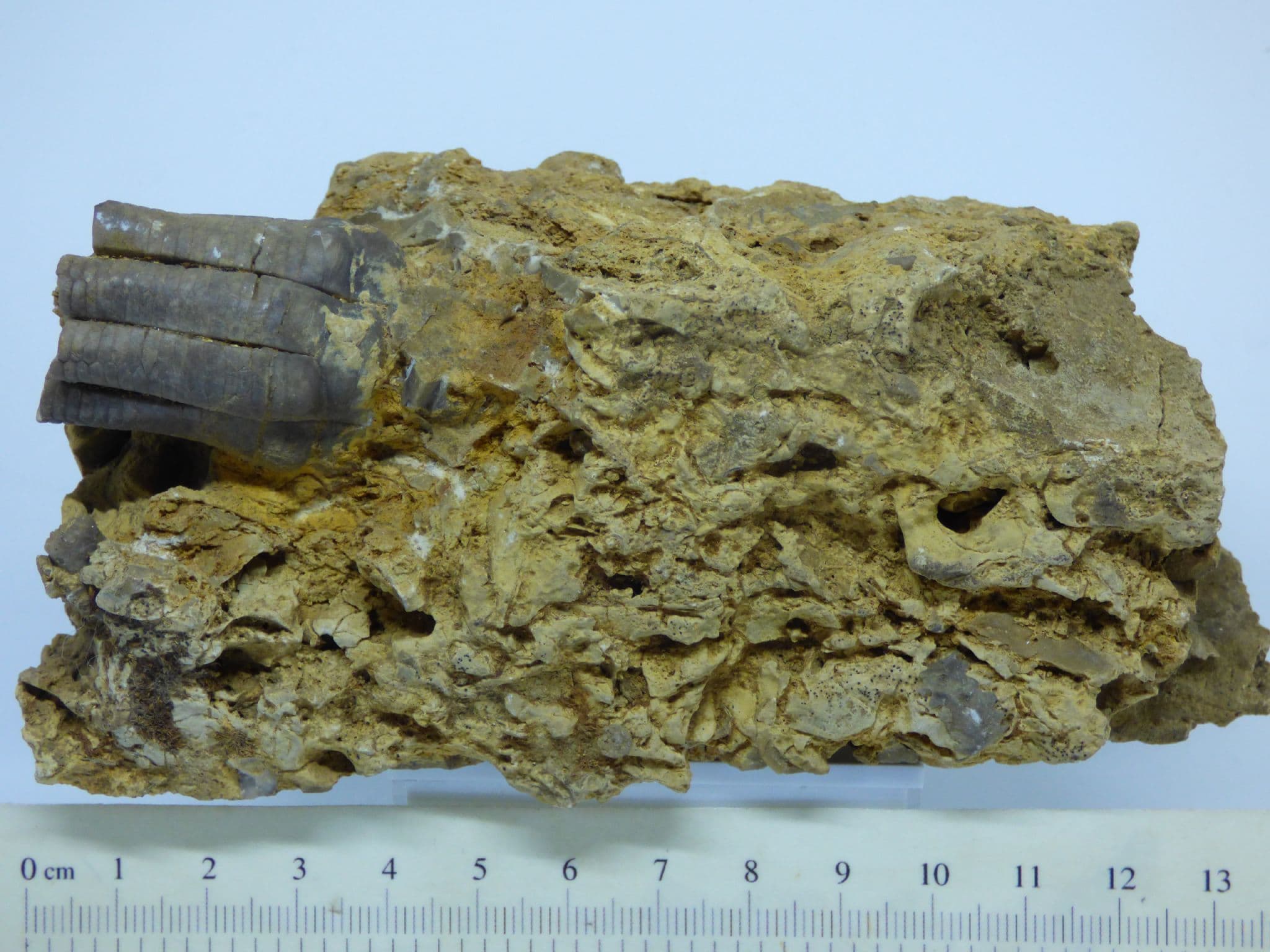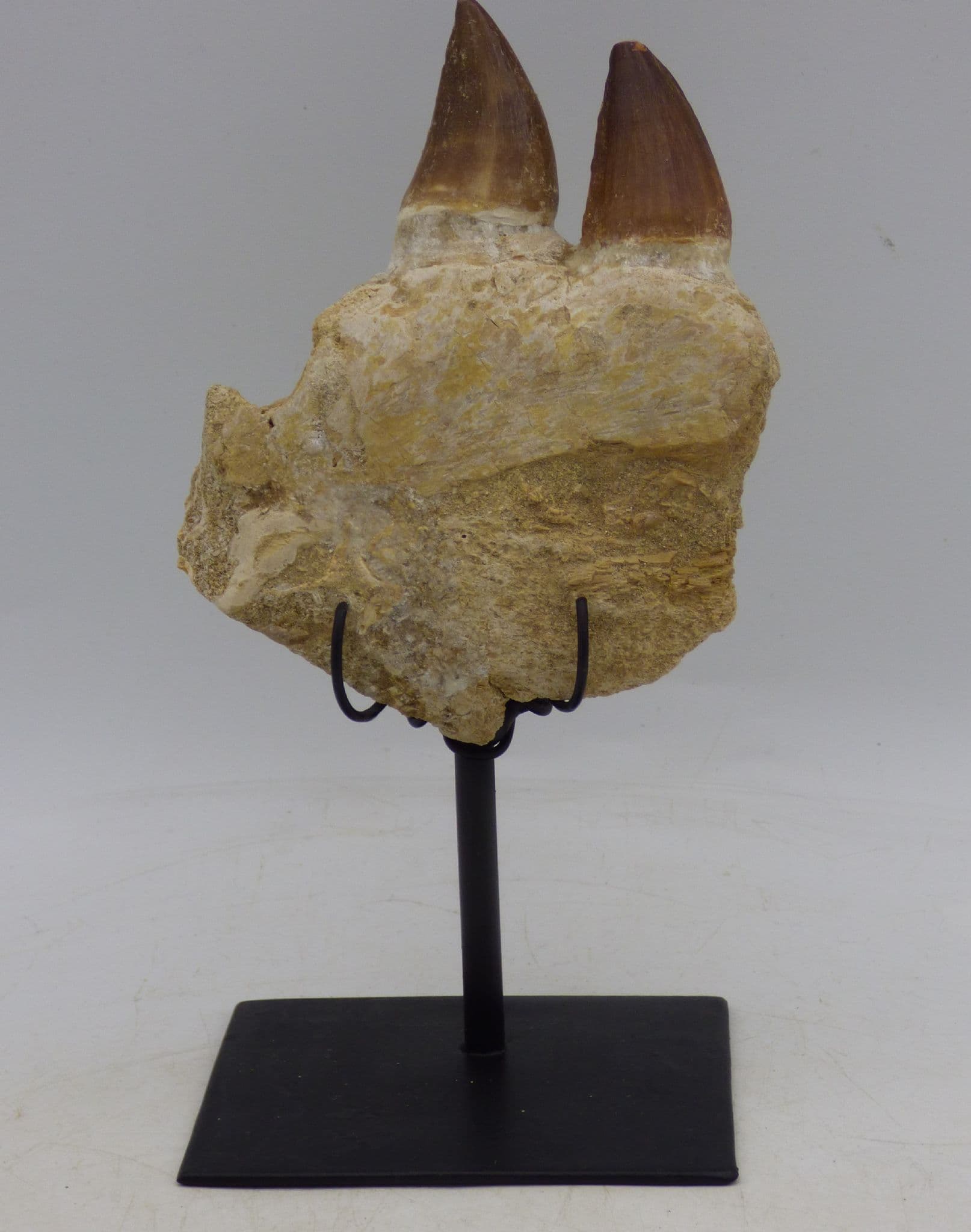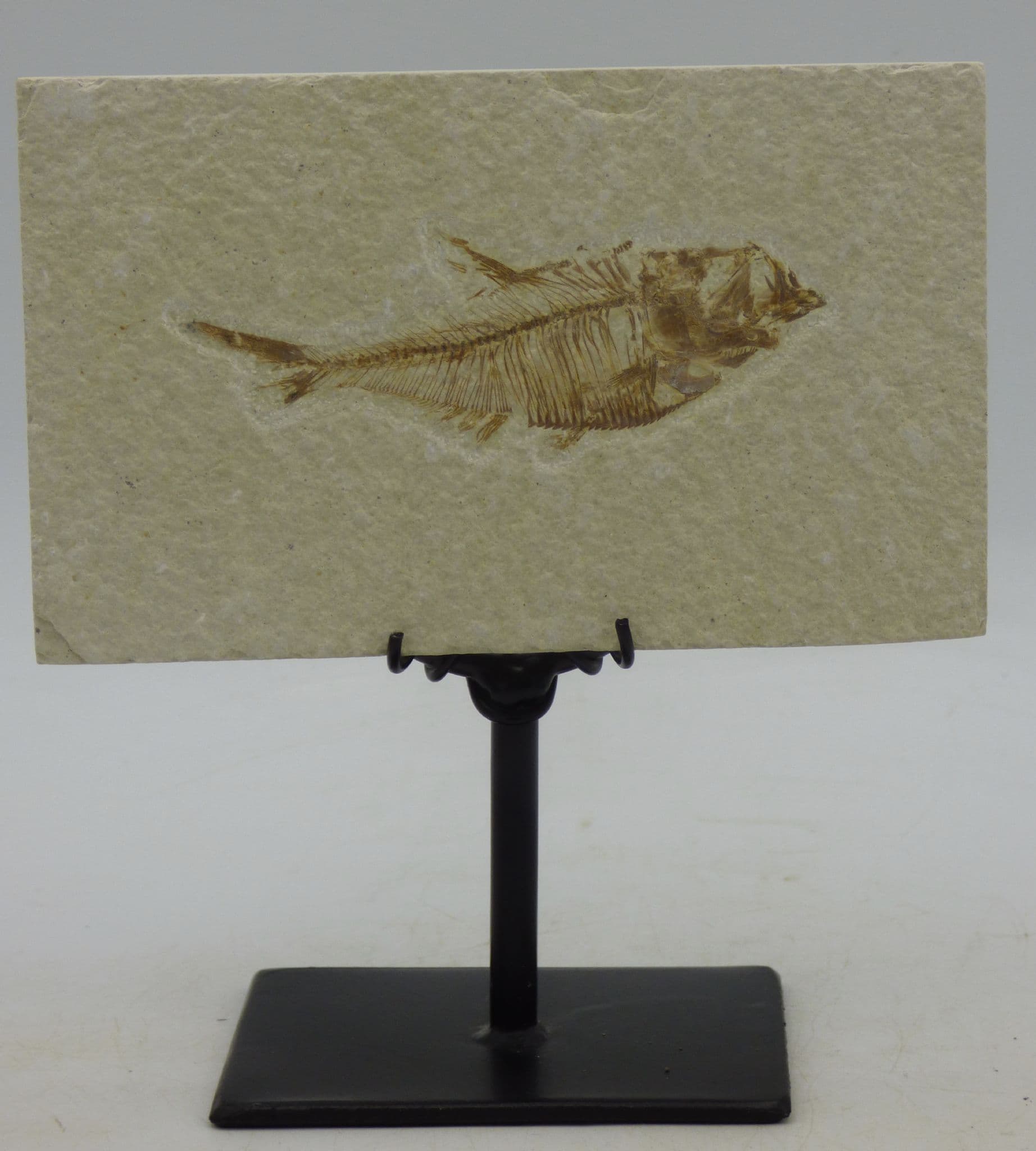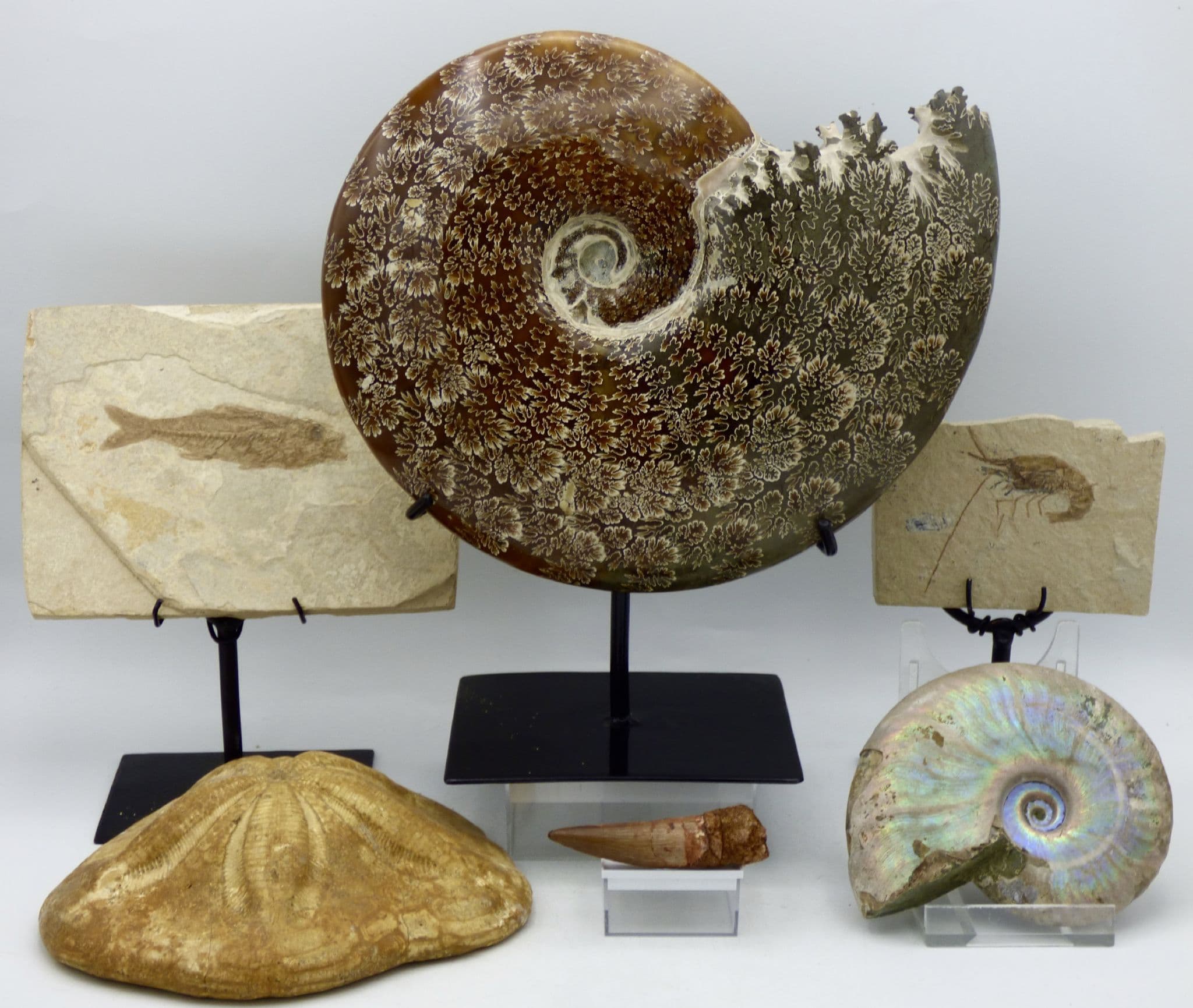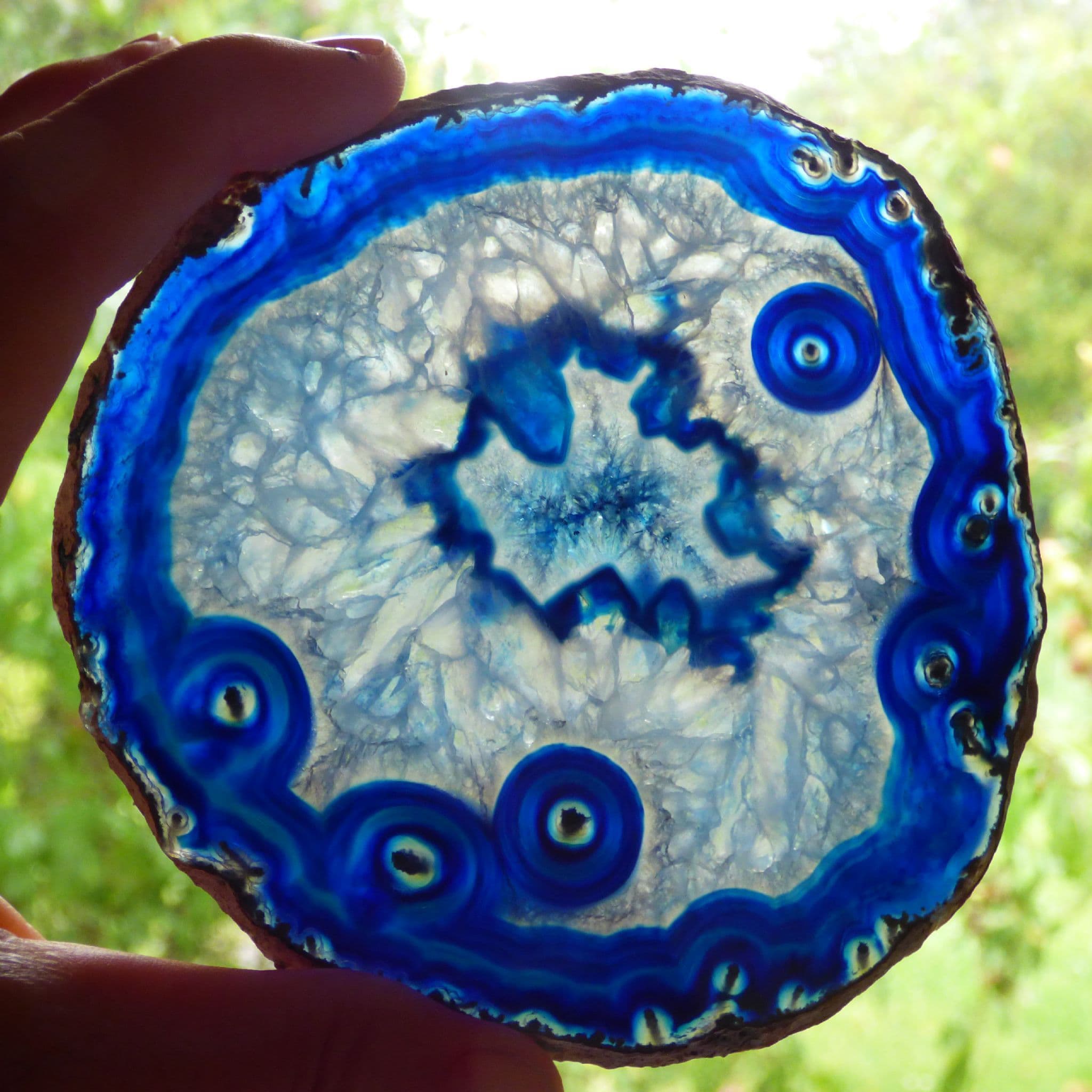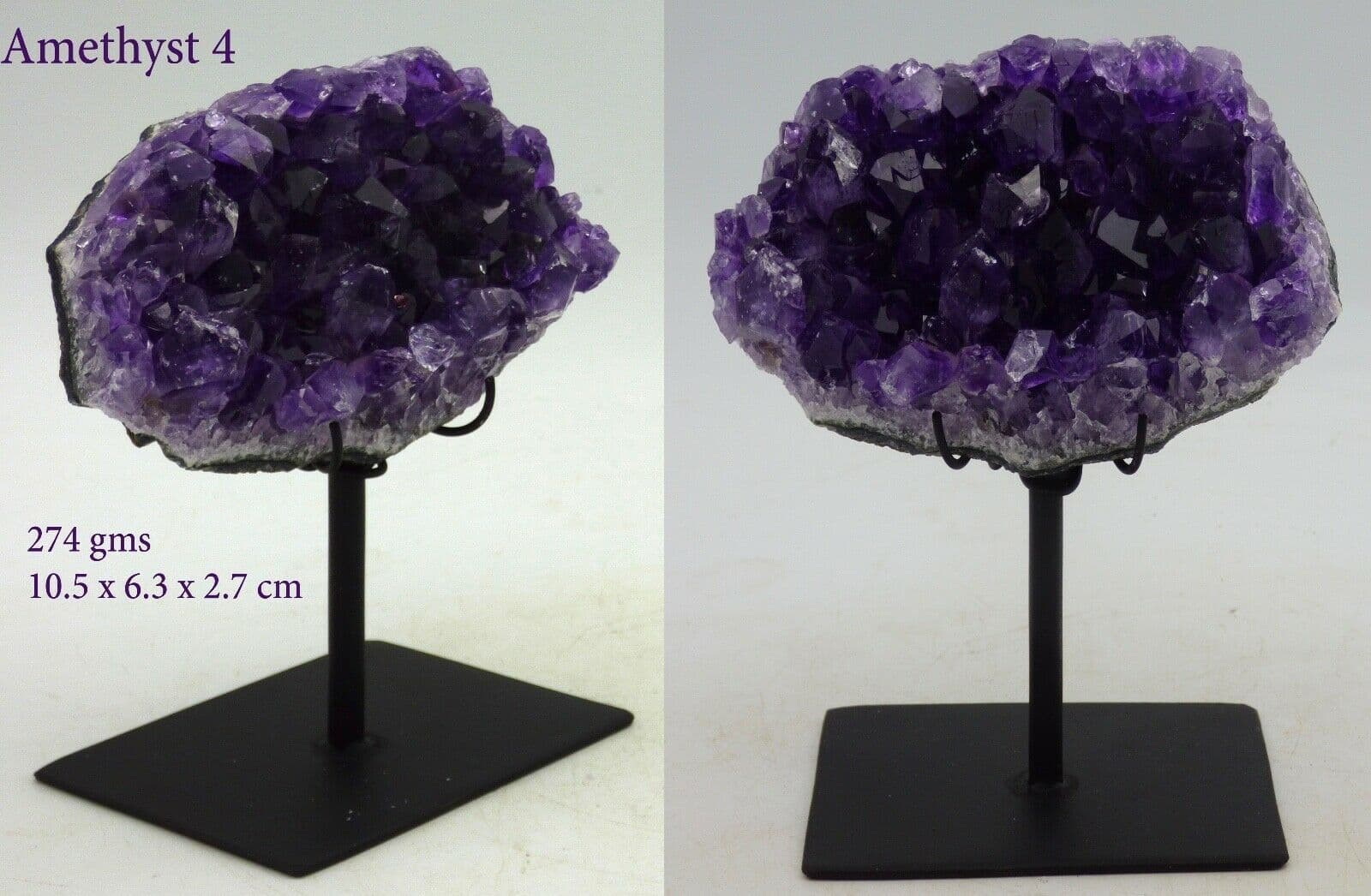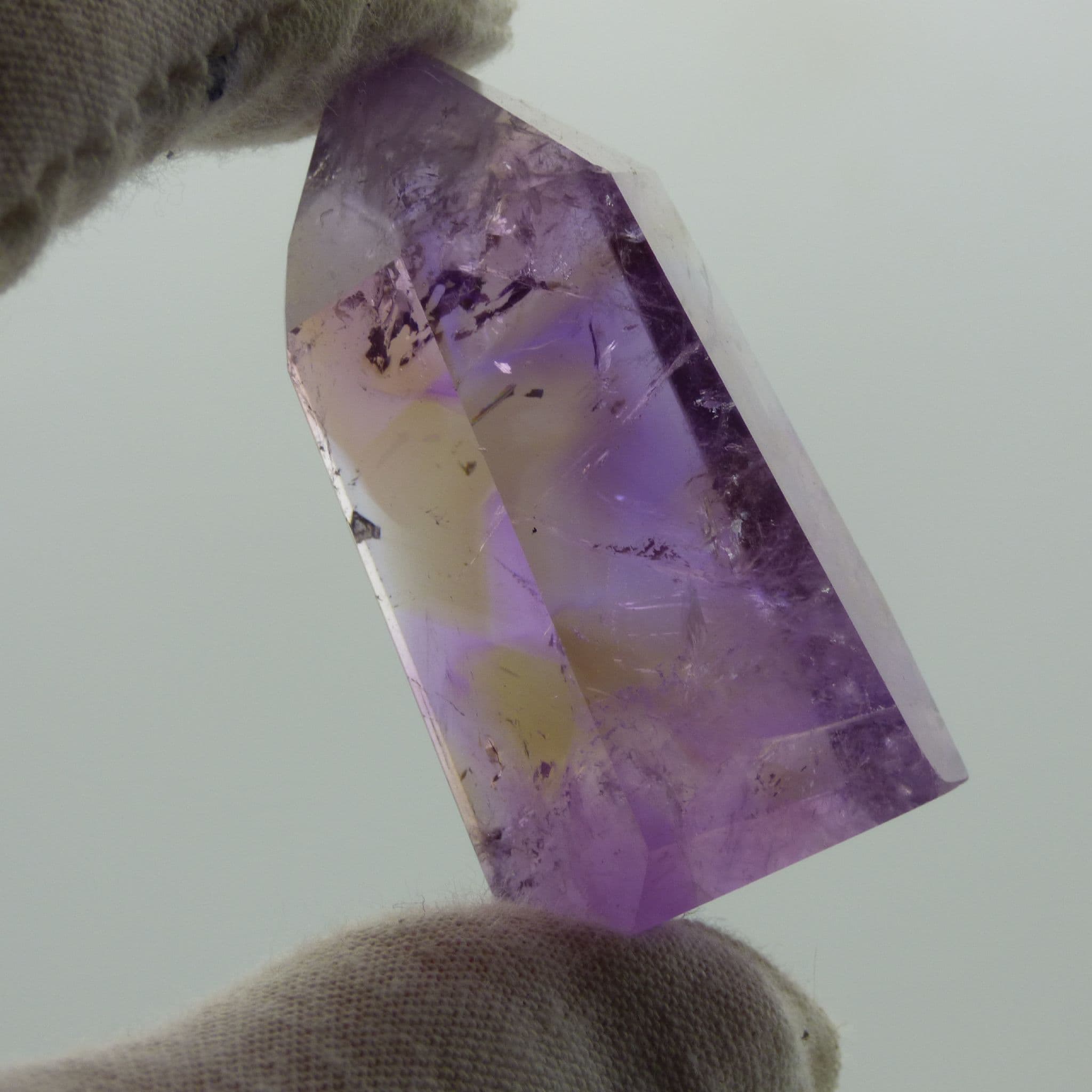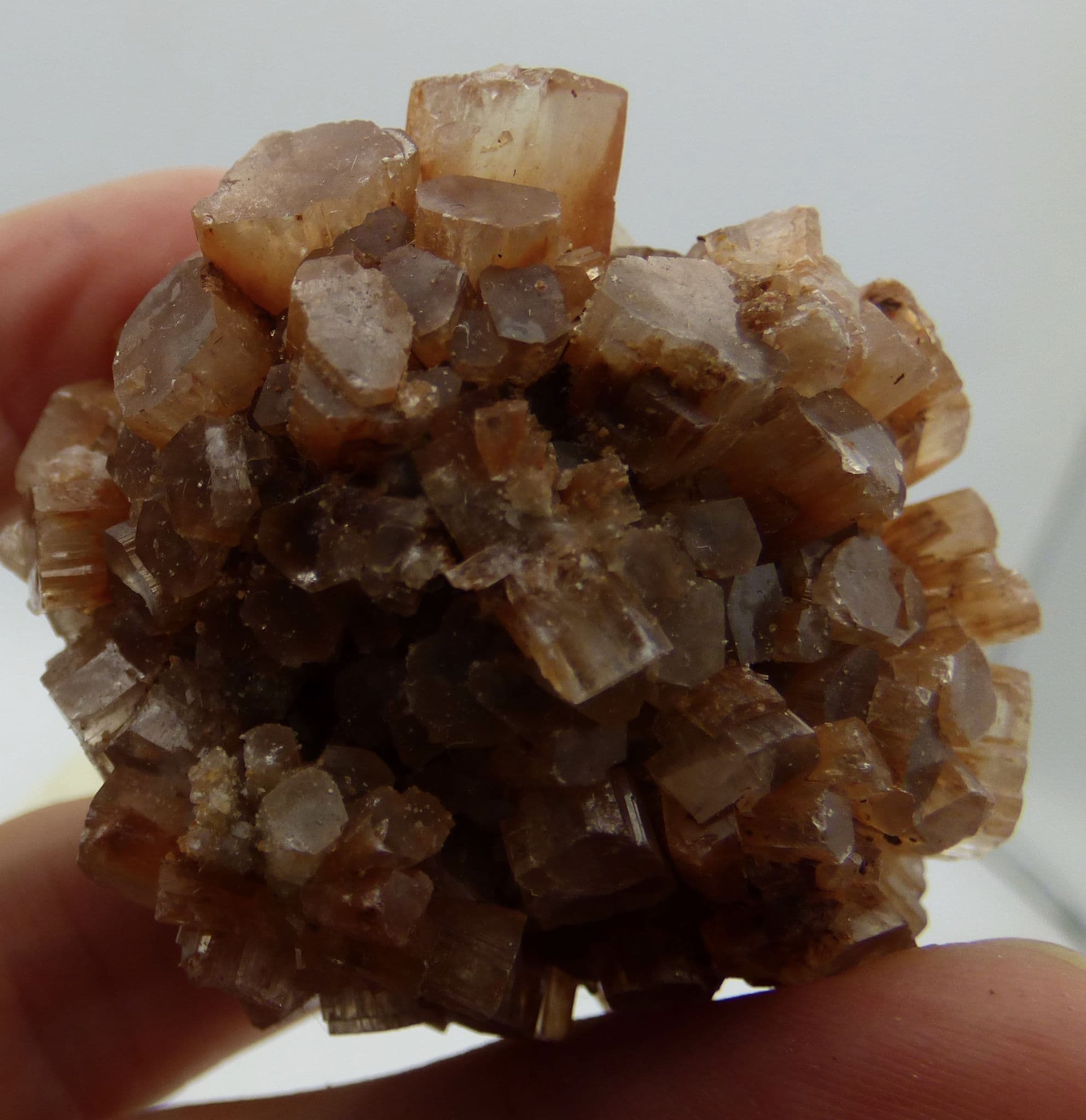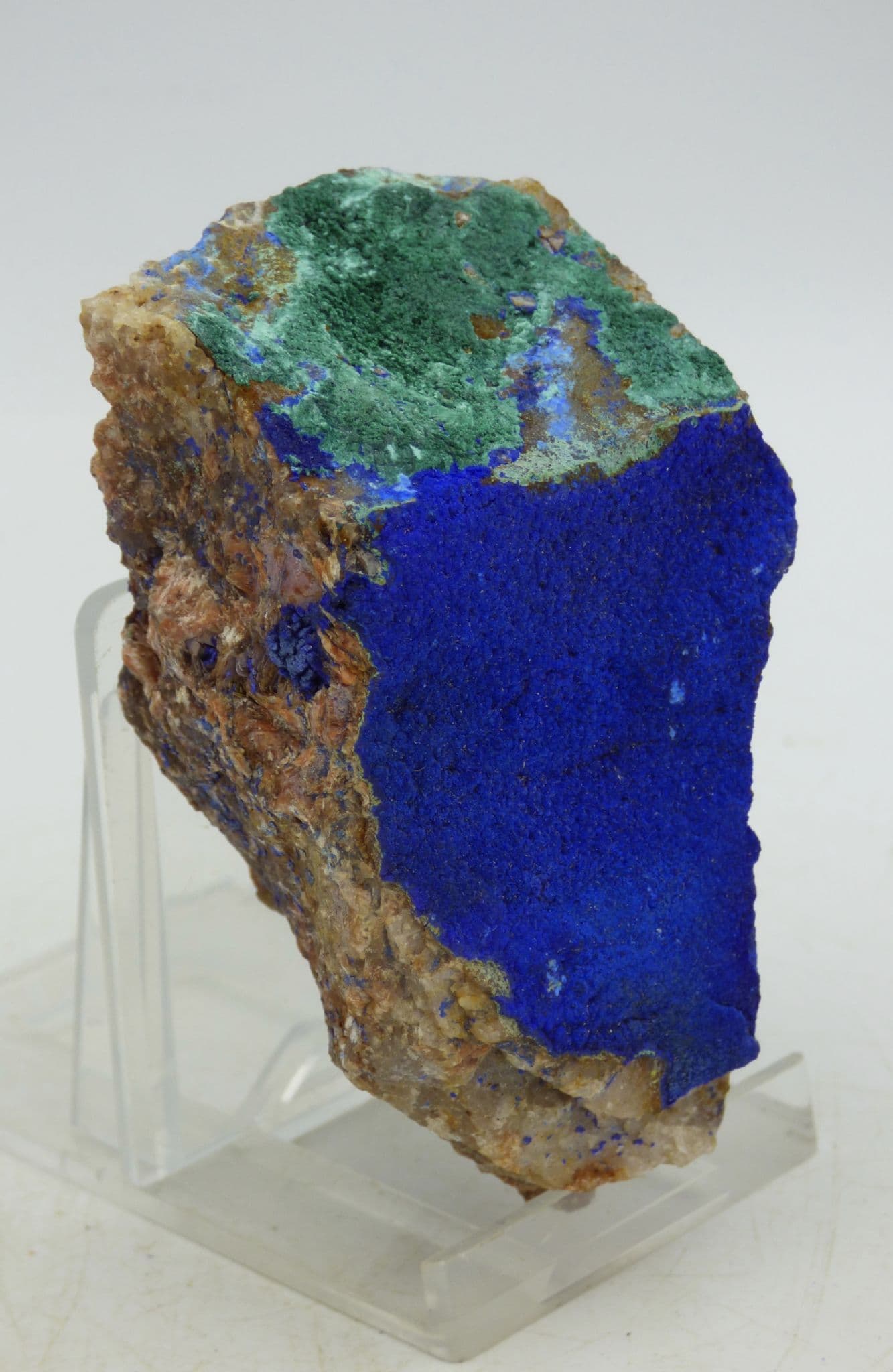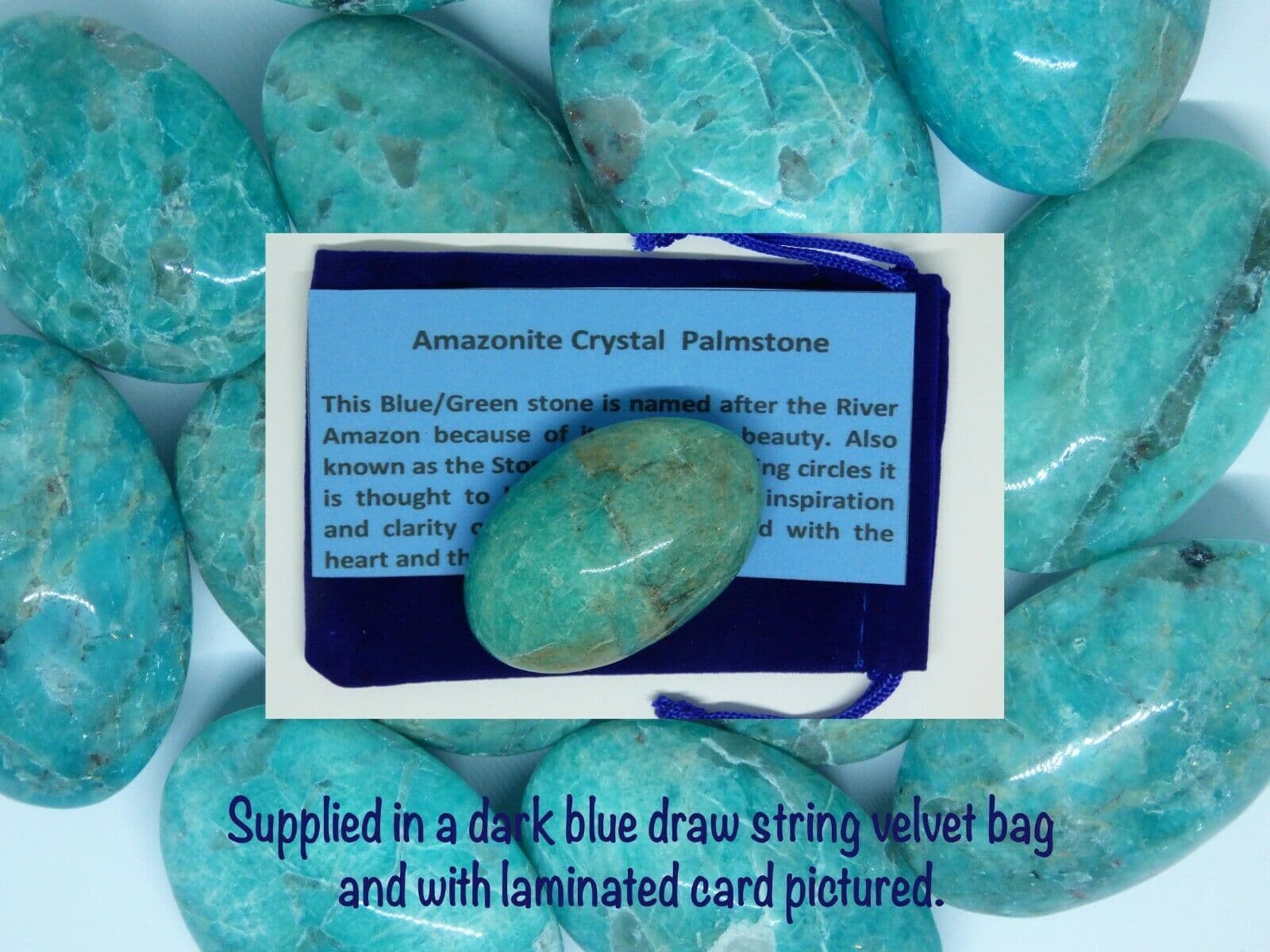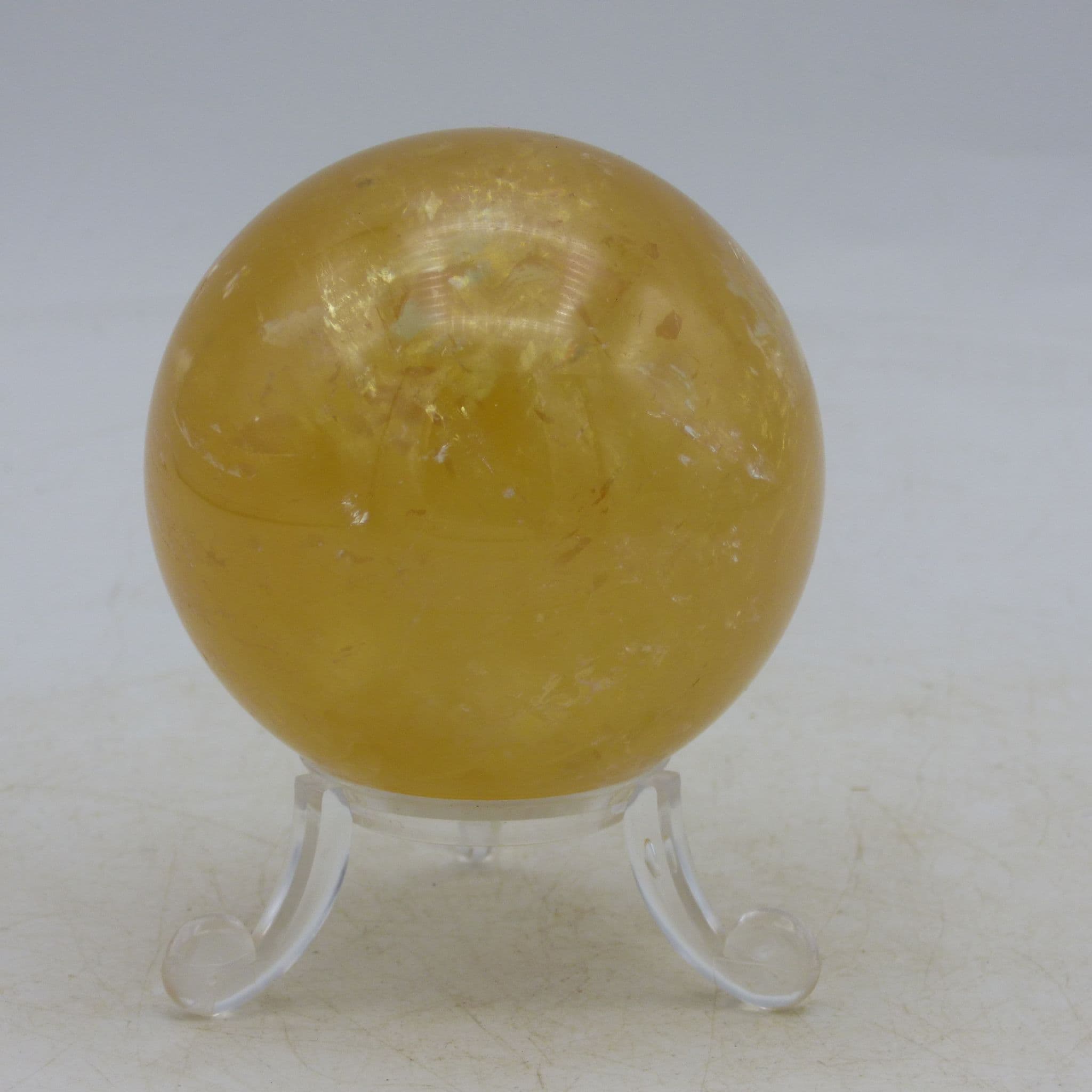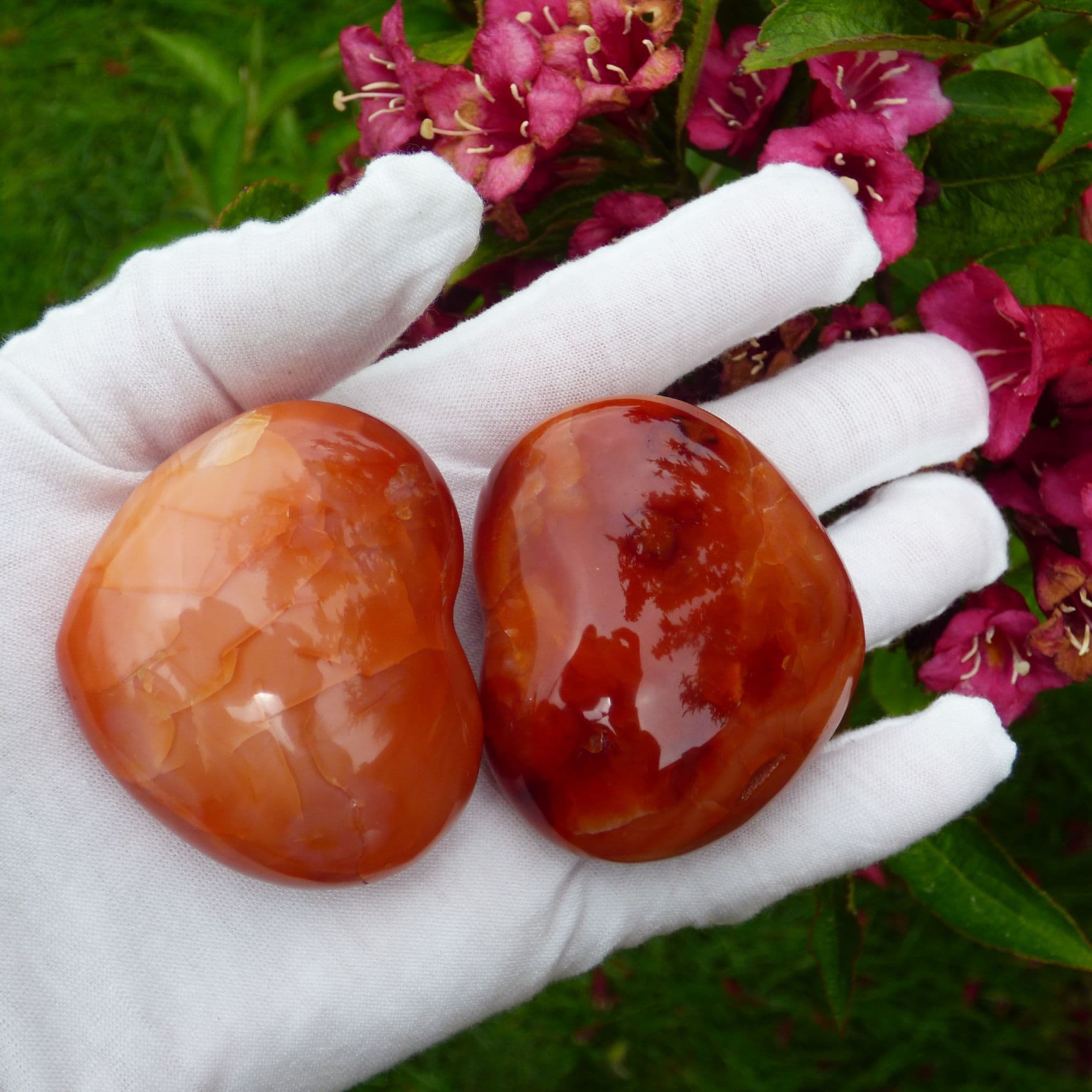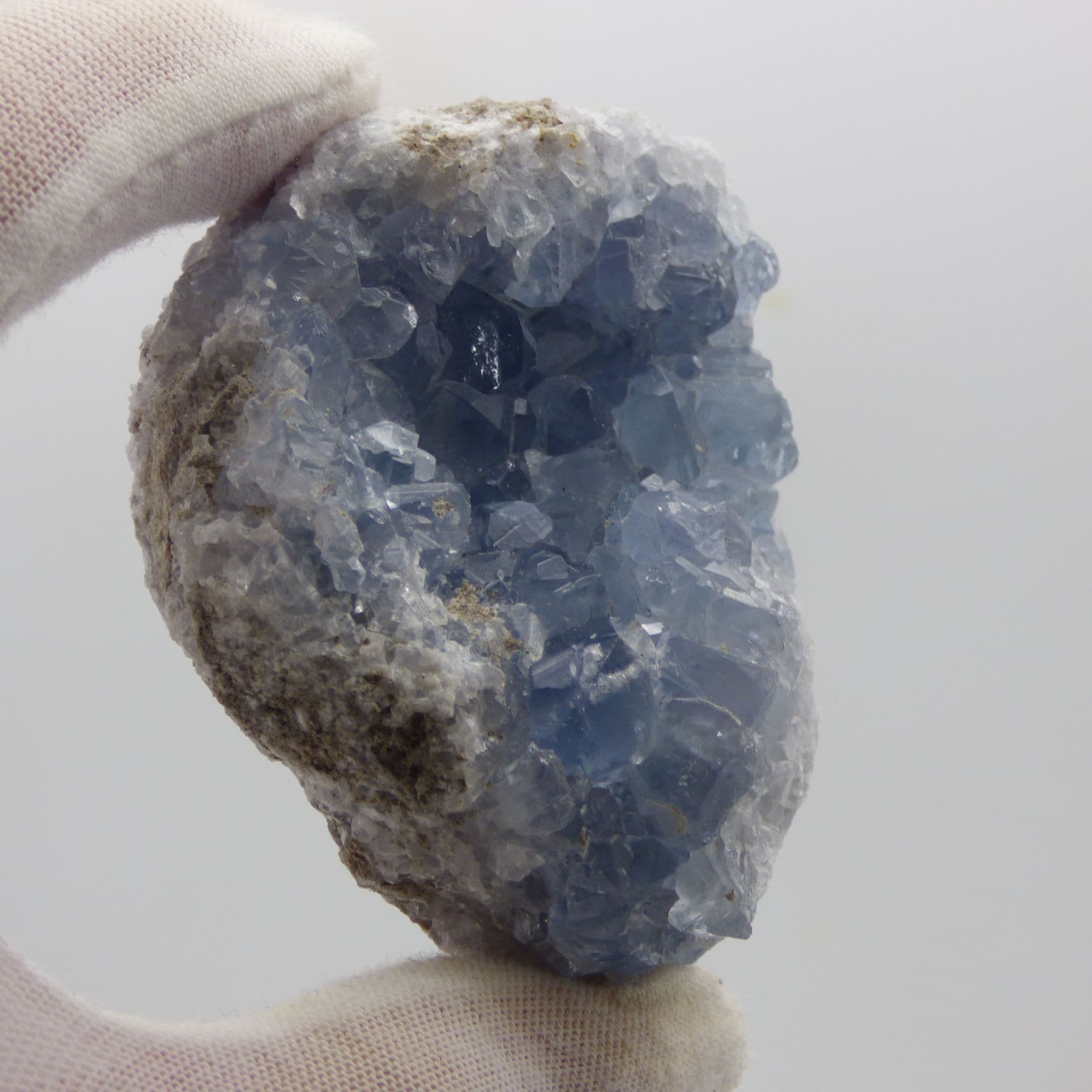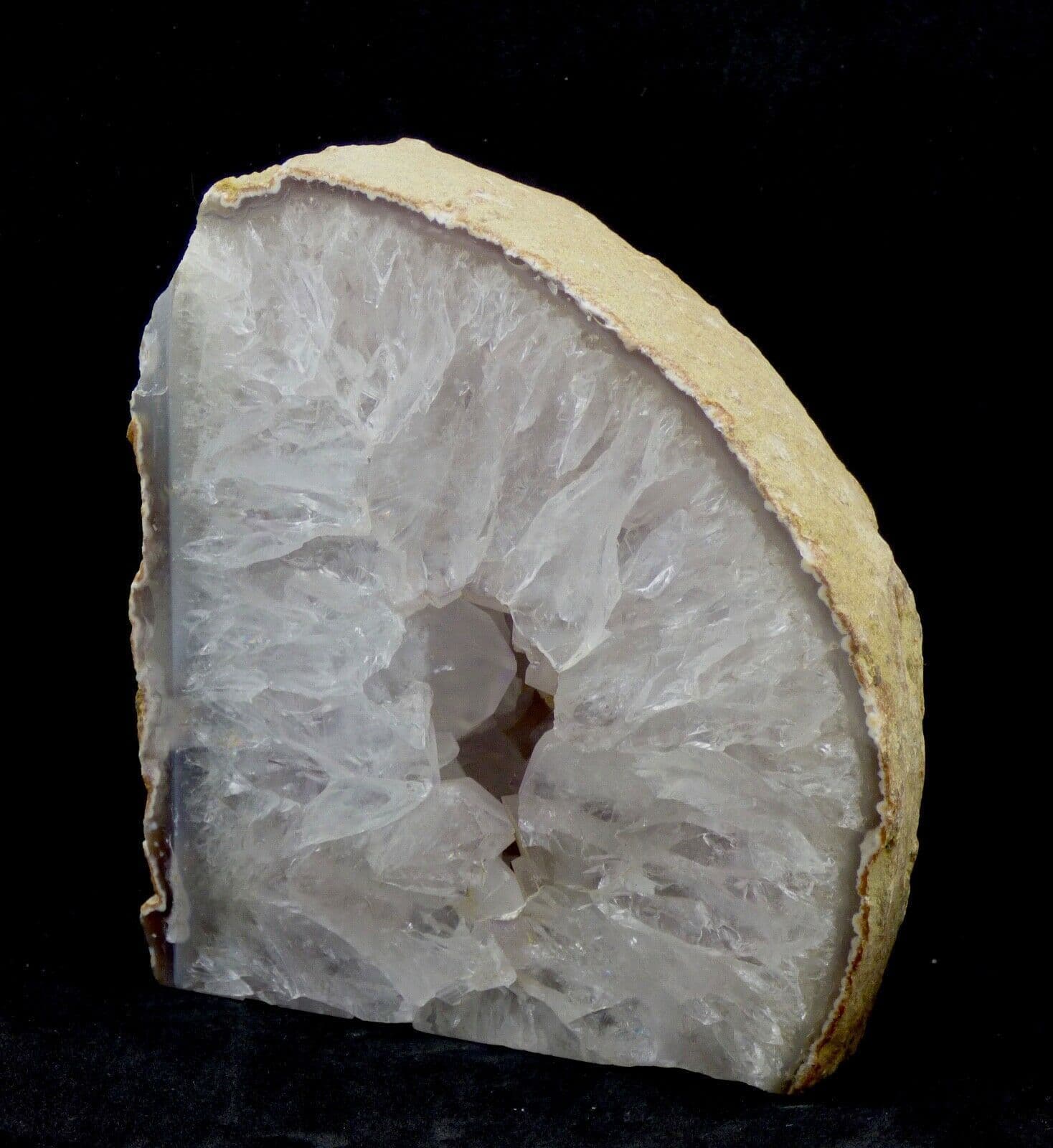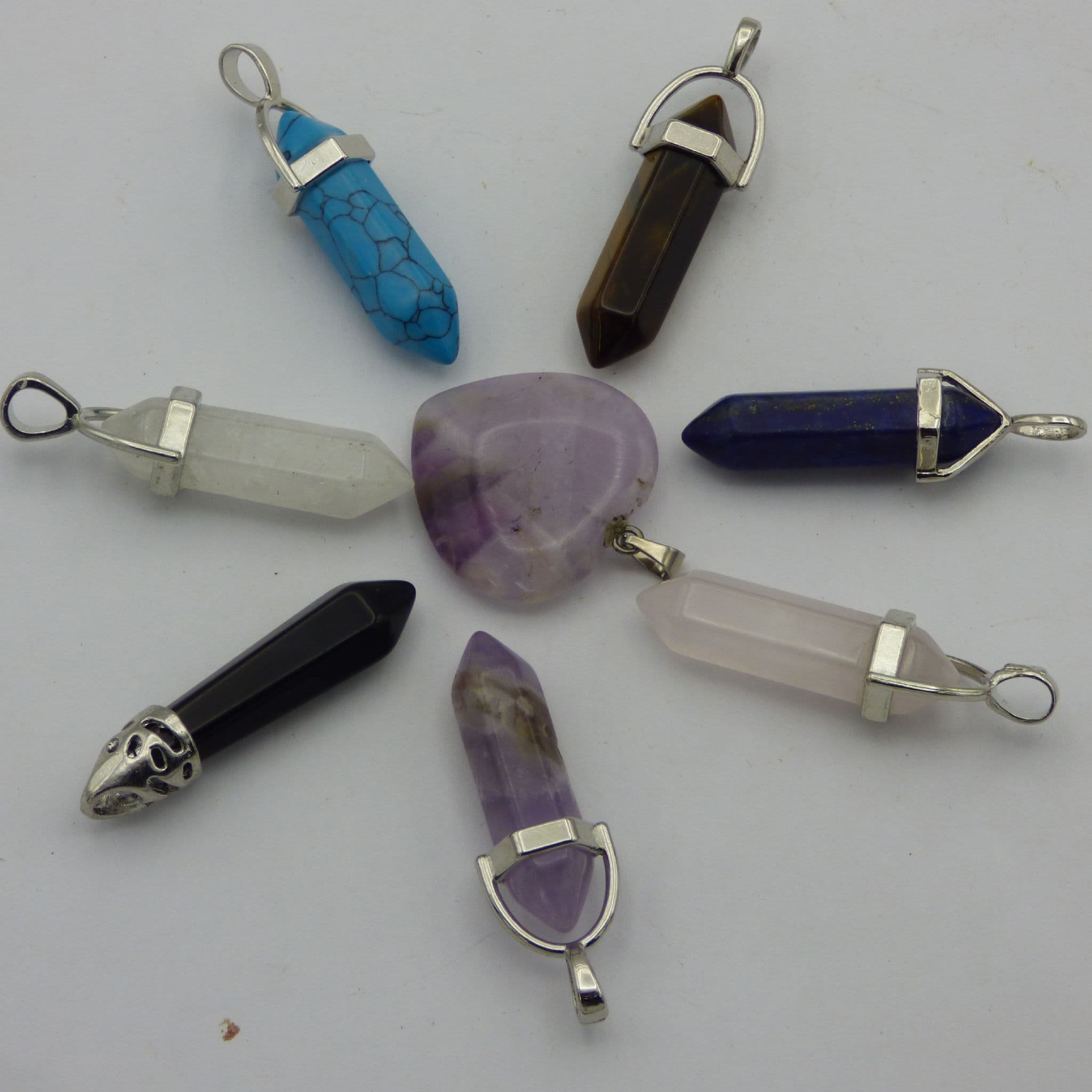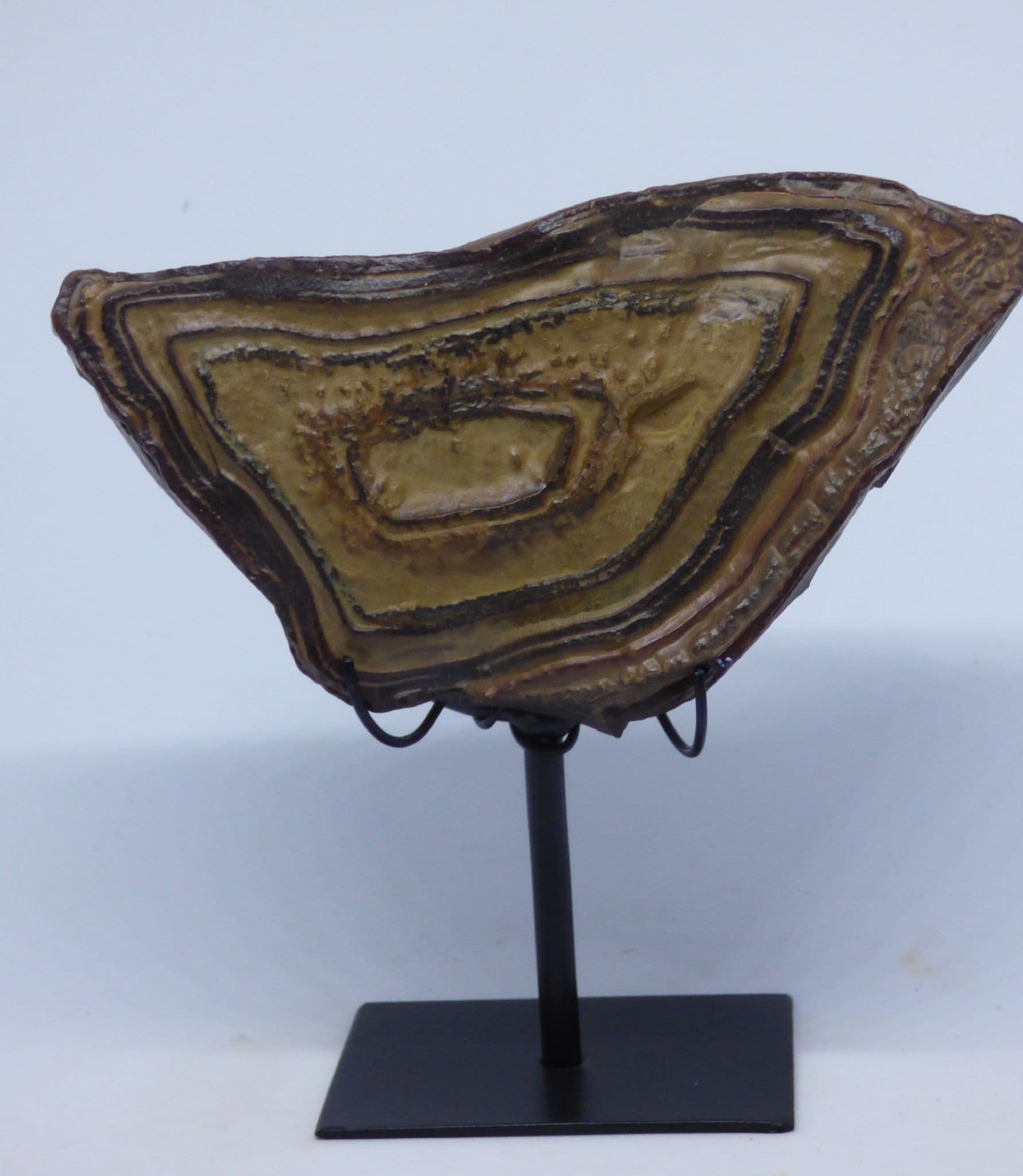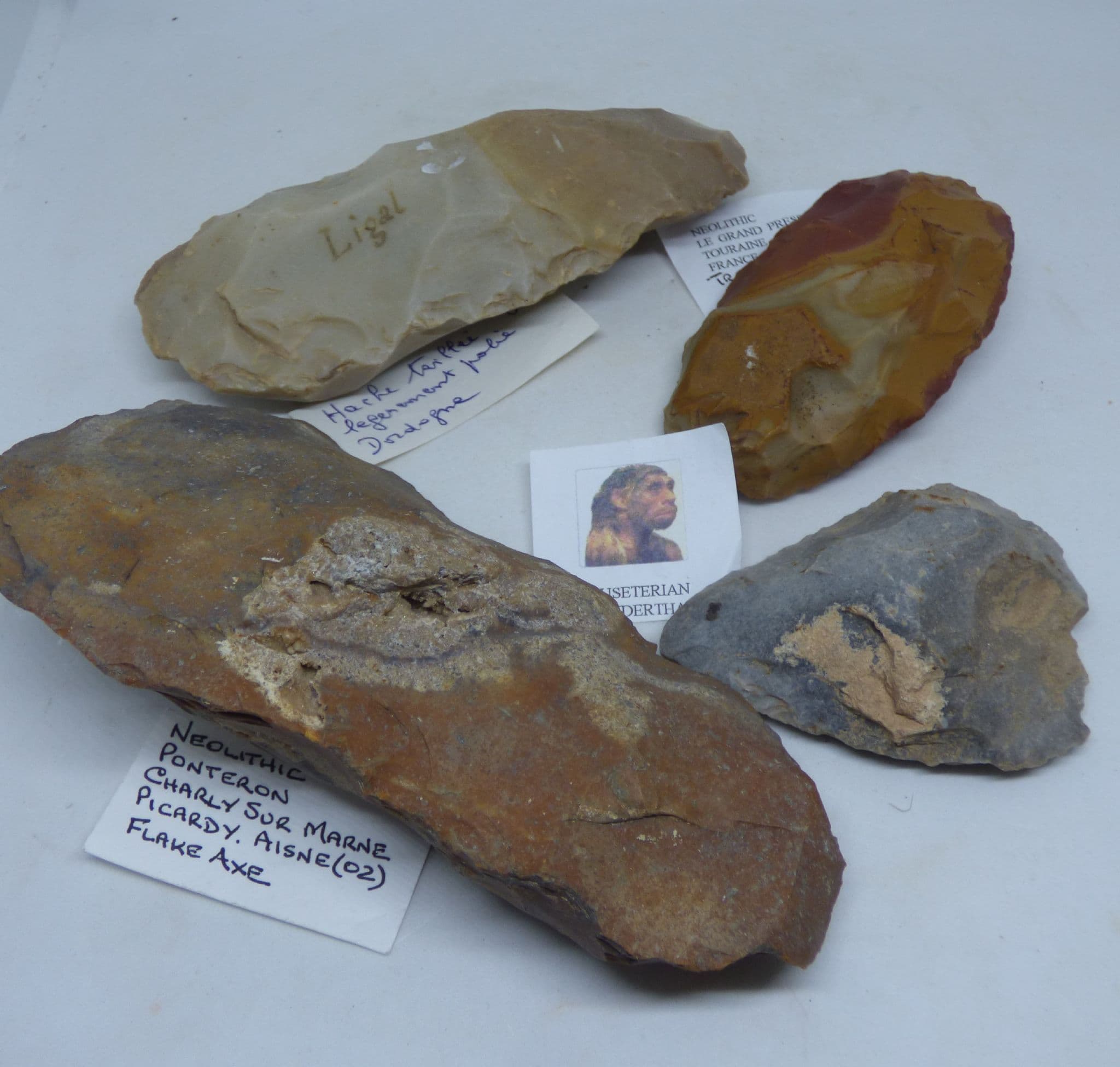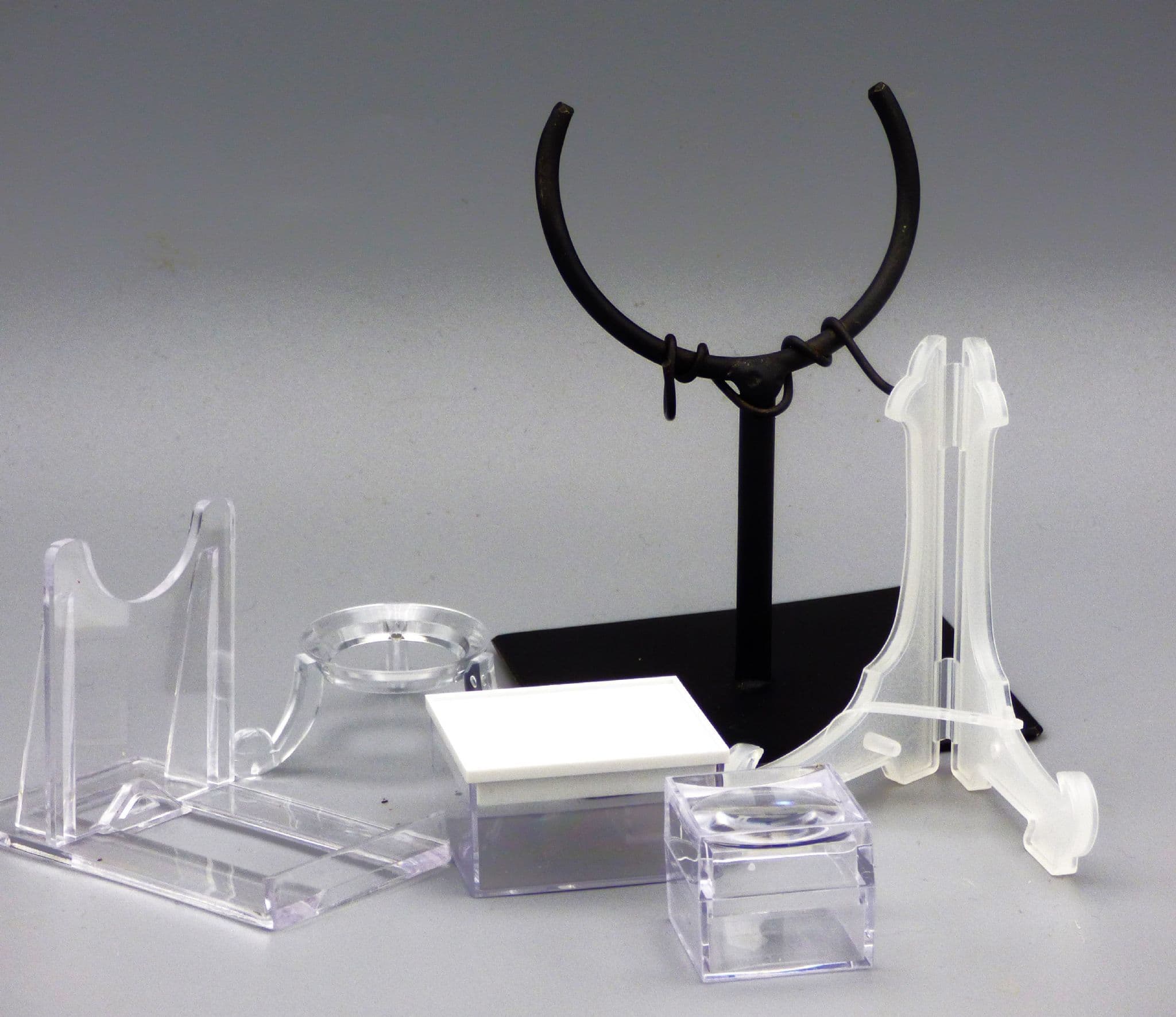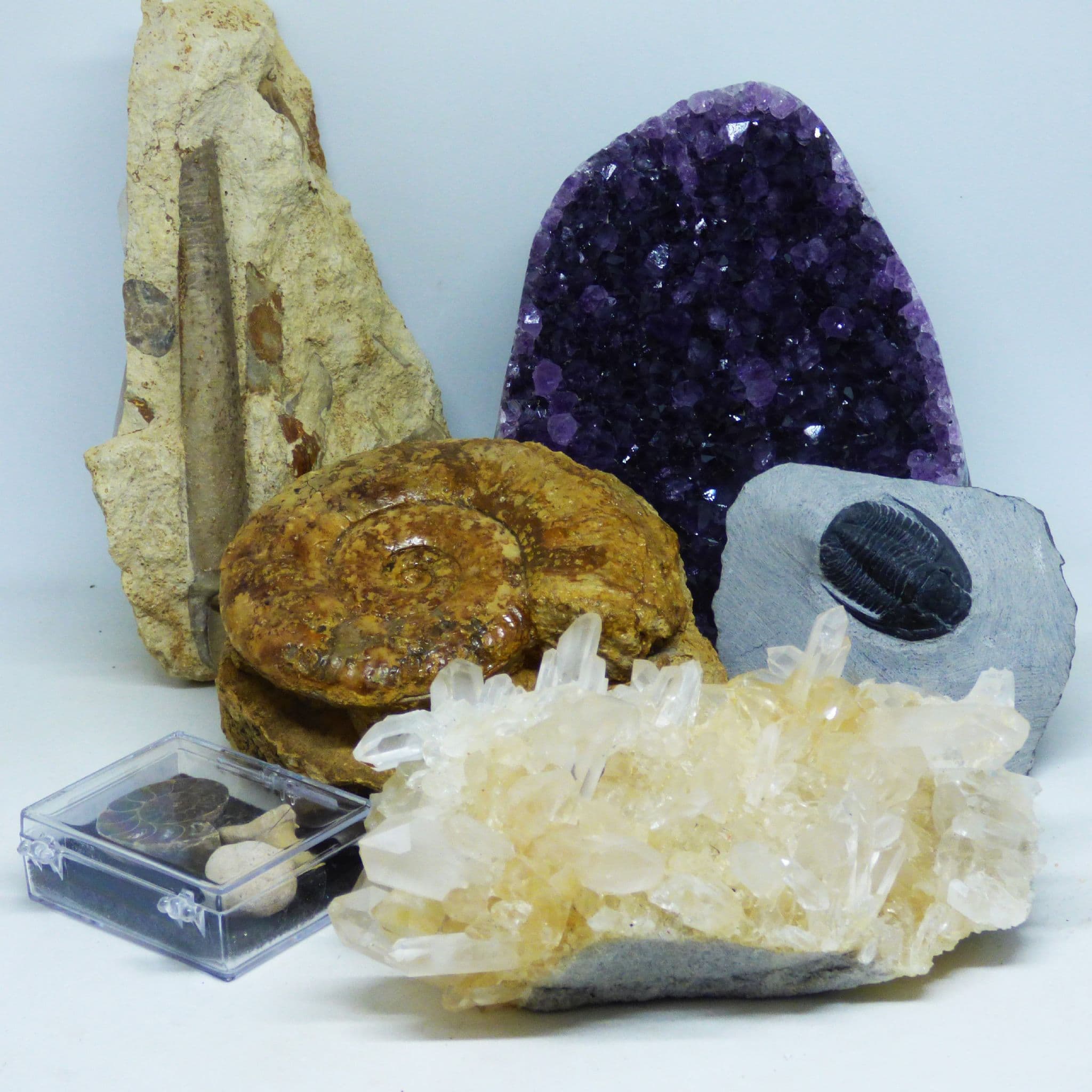Fossil Primitive Plant Parka Decepiens Scotland UK
Guarantee Safe Checkout
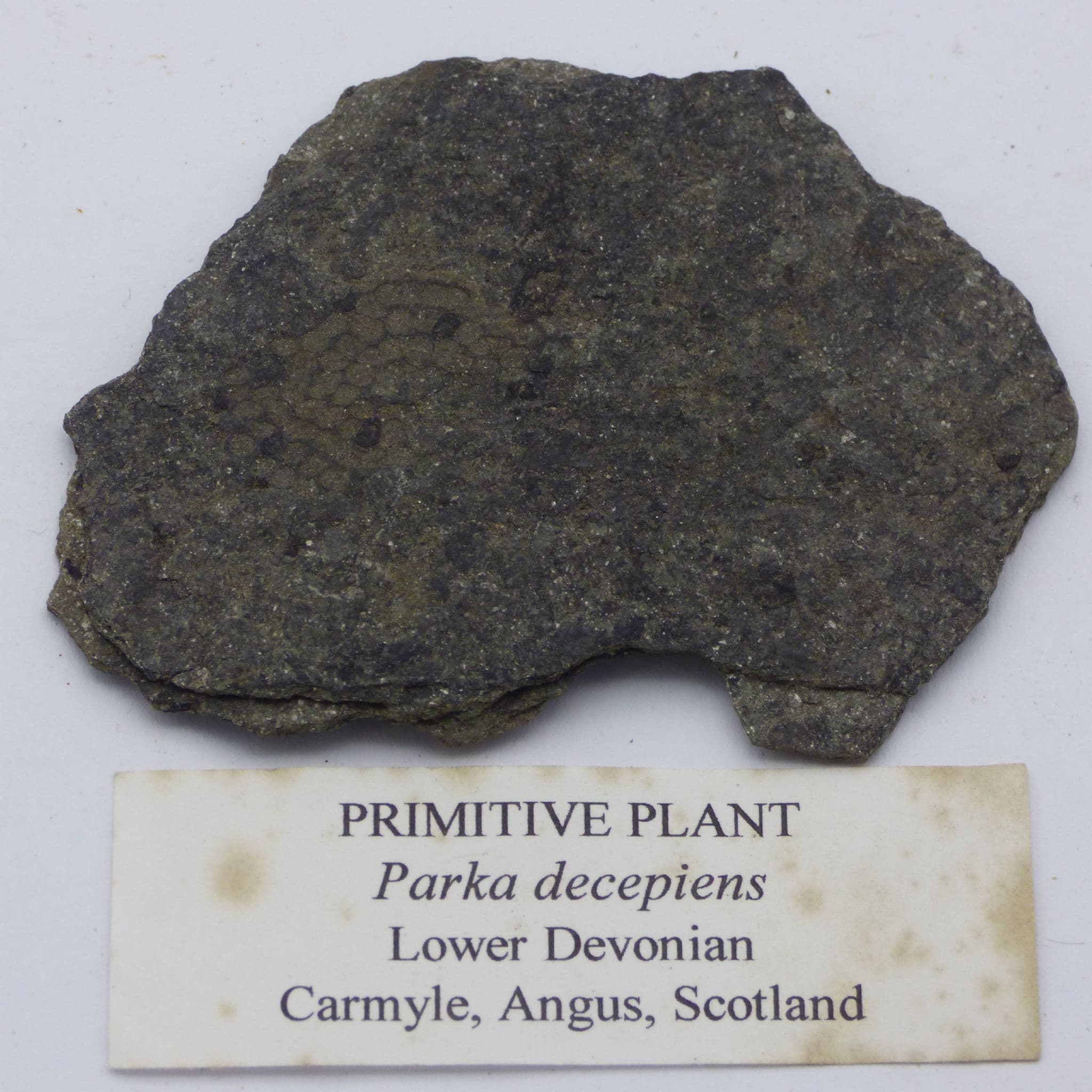
Fossil Primitive Plant Parka Decepiens Scotland UK
Fossil Primitive Plant Parka Decepiens Scotland UK + Stand
Fascinating fossilized plant from the Paleozoic era that could reach a height of approximately 8 cm.This specimen comes from an old collection. Its distinctive feature lies in the intricate honeycomb-like structures composing its body, though the precise function remains a mystery. While some speculate its connection to spore dispersal, the varied shapes, ranging from a small blob to a leaf-like structure, add to the enigma. Certain specimens even exhibit what could be interpreted as a stem, marking its connection to the ground. Interestingly, before Parka was identified as a plant, it was initially mistaken for eggs of an unidentified animal.
Originating from upper Silurian and lower Devonian beds, Parka Decipiens fossils have been reported in various locations worldwide.
As for its classification, the evolutionary lineage of Parka remains uncertain, displaying characteristics reminiscent of liverworts and certain algae. As a result, it has been tentatively placed within the Charophyceae family, specifically under algae. Some theories even suggest that these plants may belong to a mysterious category of unsuccessful land plants, having lost the competition for land dominance to other plant families.
In terms of taxonomy, Parka Decipiens is currently assigned to the Charophyceae family. However, ongoing research may lead to revisions in its classification as more insights are gained from further studies on these captivating plant fossils. Presently, Parka decipiens stands as the sole known species within its genus, adding to its uniqueness and intrigue.
.Date: Lower Devonian
Provenance: Carmyle, Angus, Scotland, UK
Size: 6 .8 x 5.8 cm
Condition: The specimen is thin and fragile and delicate. code 100 355

